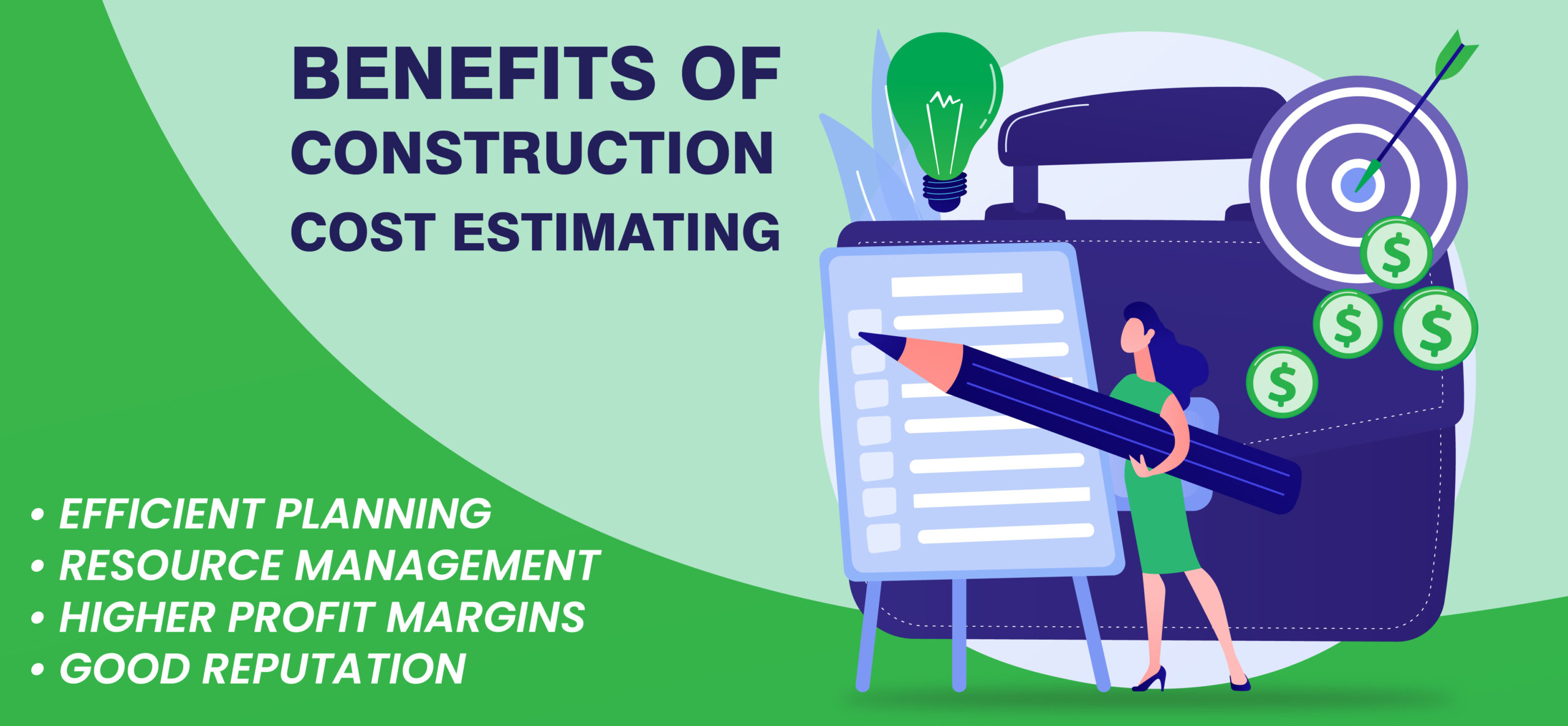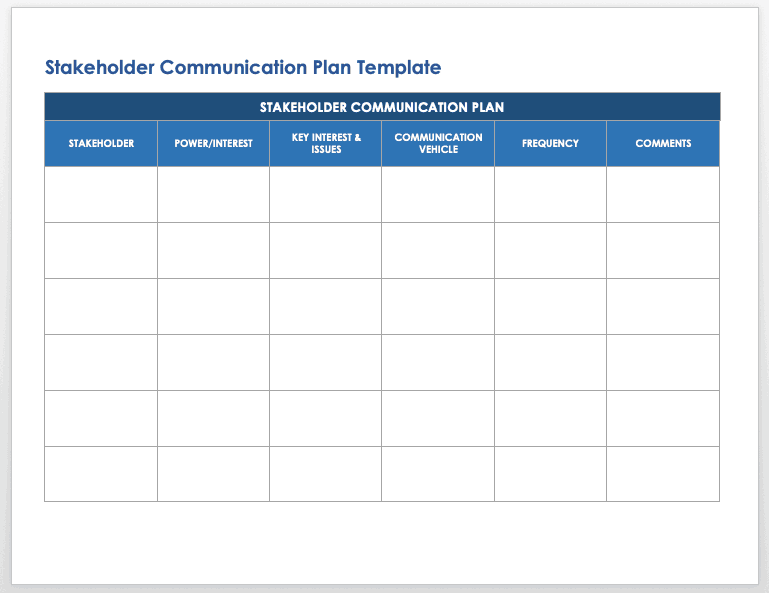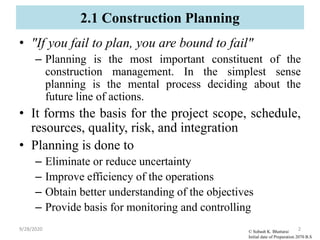Construction planning is a crucial aspect of any construction project, as it helps ensure that the project is completed on time, within budget, and to the desired level of quality. Without proper planning, construction projects can easily become disorganized and inefficient, leading to delays, cost overruns, and even safety hazards.
One of the main benefits of construction planning is that it allows project managers to identify and address potential problems before they occur. For example, a well-crafted construction plan will consider the availability of materials and labor, weather conditions, and any other potential risks that could impact the project. By taking these factors into account, project managers can develop contingency plans to mitigate any potential issues that may arise.
Construction planning also helps to optimize the use of resources, including materials, labor, and equipment. By carefully planning out each phase of the project, project managers can ensure that the right resources are in place at the right time, minimizing waste and maximizing efficiency. This not only helps to keep costs under control, but it also helps to reduce the environmental impact of the project.
In addition to resource optimization, construction planning is also important for ensuring that the project meets all necessary regulations and compliance requirements. Building codes, zoning laws, and other regulations can vary widely from one location to another, and it is essential that these regulations are carefully considered during the planning phase of the project. By doing so, project managers can avoid costly delays and fines that can arise from noncompliance.
Another important aspect of construction planning is stakeholder communication. A construction project often involves a wide range of stakeholders, including clients, architects, engineers, contractors, and subcontractors. Effective communication is essential to ensure that everyone is on the same page and that the project is progressing smoothly. By providing clear and frequent updates, project managers can help to build trust and maintain good relationships with stakeholders, which can be critical to the success of the project.
In conclusion, construction planning is a vital aspect of any construction project, as it helps to ensure that the project is completed on time, within budget, and to the desired level of quality. By carefully considering the availability of resources, compliance requirements, and stakeholder communication, project managers can optimize the efficiency of the project and mitigate potential risks.









